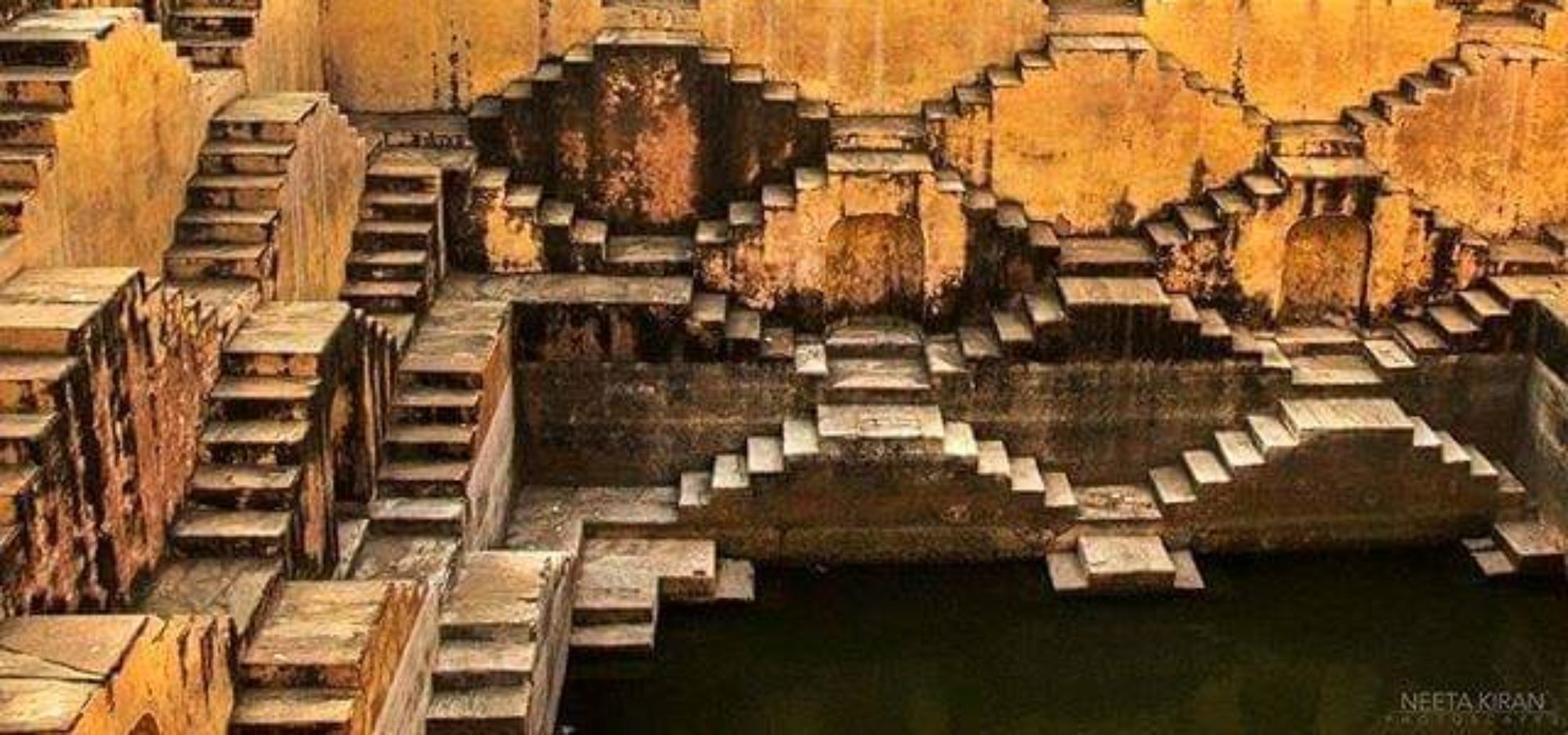Just such an instrument is India, composed of many parts seemingly irreconcilable, but in reality each one cunningly designed towards a common end; so, too, when these parts are set together and attuned, will India tell of the earth from which she sprang, the waters that gave her drink, and the Shapers that have shaped her being; nor will she ‘be then the idle singer of an empty day, but the giver of hope to all, when hope will most avail, and most be needed.
I have spoken so far only of Hindus and Hindu culture; and if so it is because Hindus form the main part of the population of India, and Hindu culture the main part of Indian culture: but the quotation just made from Arabian literature leads on to the consideration of the great part which -Muhammadans, and Persi-Arabian cultures have played in the historic evolution of India, as we know it today. It would hardly be possible to think of an India in which no Great Mughal had ruled, no Taj been built, or to which Persian art and literature were wholly foreign.
Few great Indian rulers have displayed the genius for statesmanship which Akbar had, a greater religious toleration than he. On the very morrow of conquest he was able to dispose of what is now called the Hindu-Muhammadan difficulty very much more successfully than it is now met in Bengal; for he knew that there could be no real diversity of interest between Hindu and Muhammedan, and treated them with an impartiality which we suspect to be greater than that experienced in Bengal today. It was not his interest to divide and rule. Like most Eastern rulers (who can never be foreigners in the same way that a Western ruler necessarily must be) he identified himself with his kingdom, and had no interests that clashed with its interests. This has, until modern times, been always a characteristic of an invader’s or usurper’s rule in India, that the ruler has not attempted to remain in his own distant country and rule the conquered country from afar, farming it like an absentee landlord, but has identified himself with it.
The beneficent rule of Elala, a Tamil usurper in Ceylon two centuries before Christ, was so notorious that deep respect was paid to the site of his tomb more than 2,000 years later; and to mention a more modern case, the 18th century Tamil (Hindu) ruler, Kirti Sri and his two brothers, so identified themselves with the Sinhalese (Buddhist) people as to have deserved the chronicler’s remark that they were “one with the religion and the people.” To show that such a situation is still possible, it will suffice to cite the States of Hyderabad, Baroda and Gwalior.
Even suppose the differences that separate the Indian communities to be twice as great as they are said to be, they are nothing compared with the difference between the Indian and the European. Western rule is inevitably alien rule, in a far deeper sense than the rule of Hindus by Muhammadans or the reverse could be. And what does alien rule mean? ”The government of a people by itself,” says John Stuart Mill, “has a meaning and a reality, but such a thing as the government of one people by another does not and cannot exist. One people may keep another as a warren or preserve for its own use, a place to make money in, a human farm to be worked for the profit of its own inhabitants.” No cant of the “white man’s burden” alters the stern logic of these facts; to us it appears that the domination of the East by the West is a menace to the evolution of the noblest ideal of humanity; the “white man’s burden” translated into the language of Asiatic thought becomes “the white peril”; and this is not because we despise the achievements of Western civilisation, or fail to appreciate the merits of Europeans as such, but because we think that a whole world of Europeans would be a poor place, quite as poor as a whole world of Indians or Chinamen. We feel it then our duty to realise our unity and national self-consciousness in concrete form, as much for the advantage of others as of ourselves; and this without any feeling of bitterness or exclusiveness towards other races, though perhaps for a time such feelings may be inevitable. And to show what spirit moves us we have such a statement of belief in the unity of the Indian people, as the credo of Shiv Narayen; and the beautiful national song, called ‘Vande Mataram’ (‘Hail! Motherland’) which expresses the aims and the power of the awakened Indian nation, as the Marseillaise embodied the ideal of awakened France, or as those of Ireland are expressed in the songs of Ethna Carberry.
Their words are not the hysterical utterance of a people uncertain of their unity or doubtful of their future. They express the Indian recognition of the Motherland, their quiet but profound assurance of her greatness and beauty, and their consciousness of the high calling which is hers. They voice the hope of an INDIAN NATION, which shall not be disappointed.



Leave a Reply